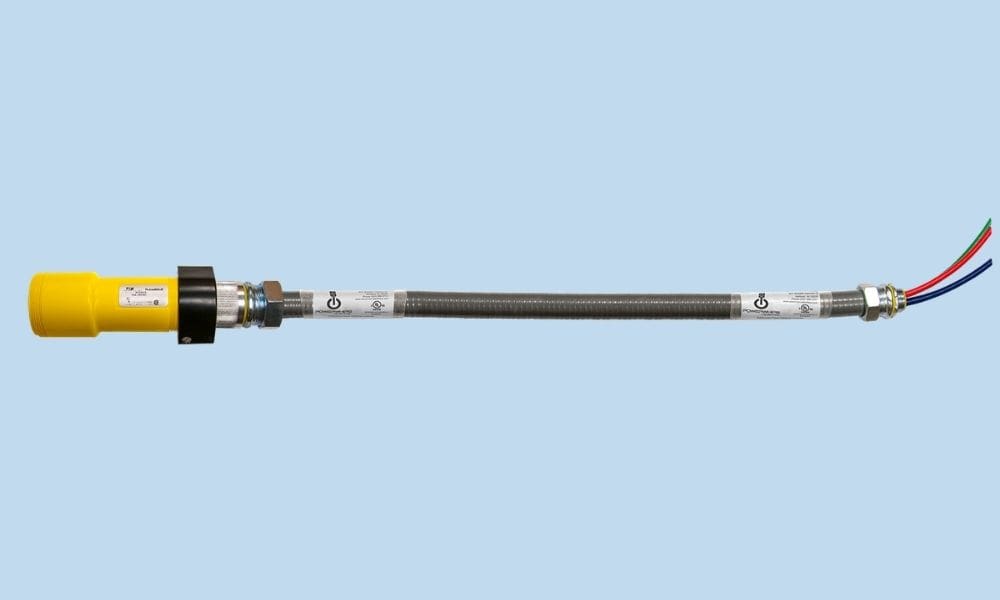
The purpose of an uninterruptible power supply (UPS) system as a device is to provide essential battery backup without causing an interruption in power. Our modern technological-centric world knows the crucial importance of these systems for various industries. Don’t fret—reducing the risk of unplanned power outages may be simpler than you think. Here are the main leading causes of UPS system failure you should be aware of.
Batteries
Similar to any electronic system, the battery is the very core of the system, and the leading cause of UPS system failure. Temperature is the principal aspect to be knowledgeable about—too much variance will harm the battery. If the room temperature is too high, there is a high chance of it cutting down the battery’s life expectancy.
Other reasons for battery failure include improper use, inaccurate battery storage, and over-cycling of the battery discharge cycle. Batteries don’t last forever, but a regular preventive maintenance visit can help prevent battery failure from occurring.
Fans
The fans of a UPS system may appear as a minor part compared to the battery heart—but don’t assume such things as so—the fans are a critical component of a UPS system and one of the leading causes of UPS failure. If a fan breaks and stops functioning, the system will overheat itself and power off. Keep an eye on the environmental temperature for fans as well. While most fans can last up to ten years, there are always electrical and mechanical limitations.
Lightning & Power Supplies
Lightning tends to strike, and a common misconception is that your equipment load protects your system from lightning surges. This isn’t true. Your UPS system isn’t necessarily safe from storms. Diminished energy dependence as well as redundant power supplies can cause stress, provoking overheating and system shutdown.
Filters
Circulating dust and air debris can get caught in a system’s air filters. When these filters get coated, the system may overheat and shut down, causing unplanned power outages in data centers. Monthly checks or replacements of the system’s air filters can ward off potential issues.
Capacitors
Capacitors are a fundamental piece of a UPS system—one may contain a dozen or more of these devices. Capacitors are components that store energy and filter out voltage spikes or fluctuations. Unfortunately, just like batteries can, these devices degrade over time. Capacitor failure can create a problem for the system, causing it to enter bypass mode and fail accordingly.
To reduce downtime after a possible system failure, essential preventive measures and monitoring can identify likely issues. Lessen product failure using quality parts and services. PowerWhips has the type of reliable power cabling your systems may require, such as connectors and proficient plugs such as the Russellstoll pin and sleeve plug. For your critical interconnection needs, we’ve got you covered.
